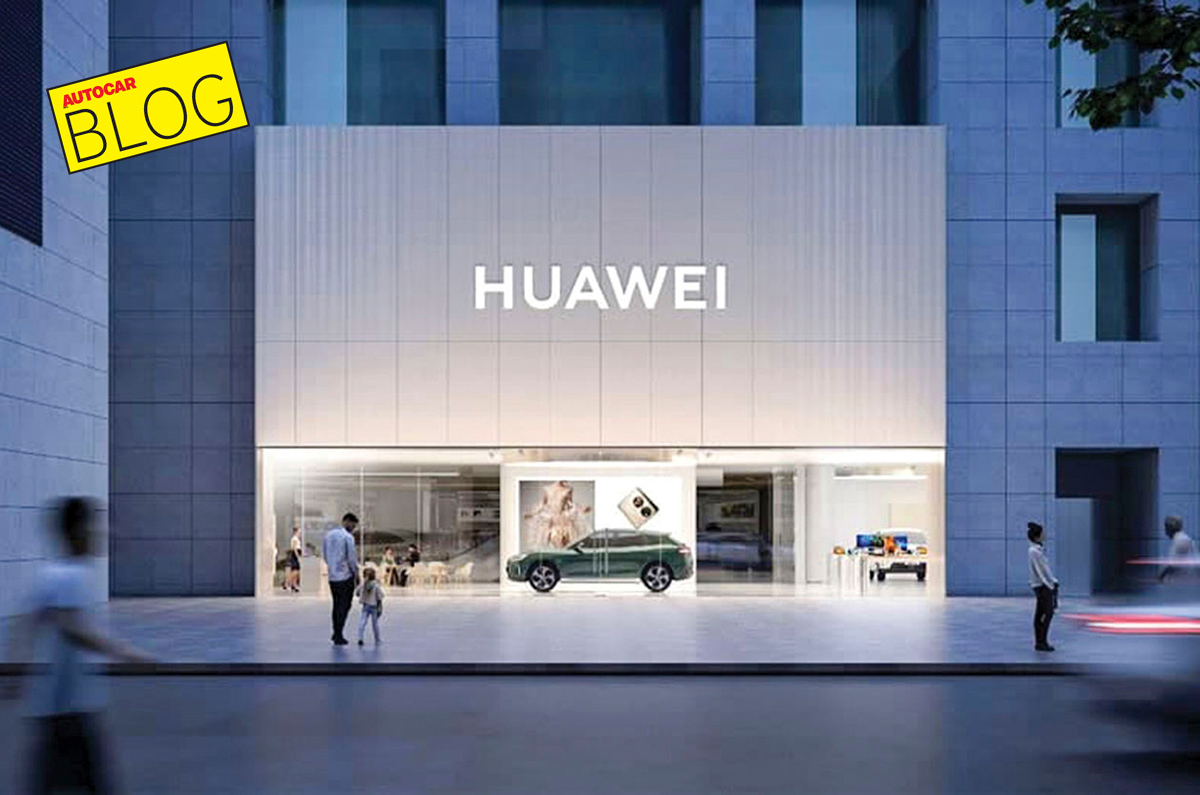
Since December 2021, Huawei has been displaying the Seres and Aito branded electric cars at its ‘concept’ store in Beijing. There is an automobile parked in a space that also houses a concept living room and a connected kitchen!
While the objective is to showcase everything the brand creates and is integrated through its Harmony OS, the subliminal messaging is interesting – the automobile is part of the whole and not a stand-alone element by itself. This is a very crucial mind shift from the convention of the automobile having its dedicated experience edifice in the form of a showroom, away from the rest of the lifestyle ecosystem. When cutting-edge brands like Seres decide to be positioned as ‘part of the bigger picture’, they are trying to set a trend or change tradition.
I foresee that the future of automobile retail, especially for new-age solutions like electric, fuel-cell and hybrid, lies in being part of the larger lifestyle experience zones for tomorrow’s consumers. It’s a symbiotic relationship that benefits automaker, lifestyle solution maker, the retailer, and the consumer.
Imagine Ather electric two-wheelers sold from Croma! Or Amperes sold through Shoppers Stop. Sounds sensible, does it not? After all, the automobile is integral to an individual’s living ecosystem as much as a television, smartphone, recliner and a refrigerator. If the others can be displayed, demonstrated, tested, retailed and serviced from one common experience zone, why can the automobile not be part of the same? When Apple finally launches its car, do you think they would go about building useless showrooms? The car will be very much part of the overall experience at the Apple store. The same will be with Sony when they launch the Vision-S range.
This would be beneficial to the consumer as they would be able to evaluate the automobile in the context of other connected lifestyle devices in the same experiential environment. If an OLED television costing more than Rs 3 lakh can be displayed in a store also housing smart plugs costing Rs 300, why not an automobile?
Using existing facilities where the automaker wishes to be will rid them of the exercise of building a network from scratch and also bring product prices down.
The days and times for conventional showrooms are gone for the automobile. Though ‘legacy’ automakers have invested too much to shut it all down, the electric auto brands need to realise this right now and look at new-age ways of creating consumer experiences, collaborating and co-creating with the larger lifestyle ecosystem. New-age mobility cannot have old-age solutions!
Also read:
from Autocar Indiahttps://cdni.autocarindia.com/ExtraImages/20220915112252_huawei_experince_store_7.jpg



